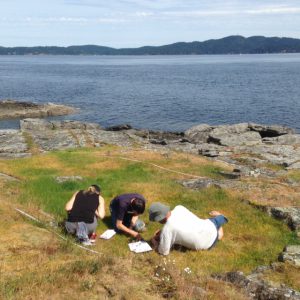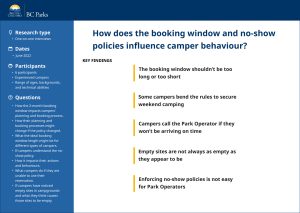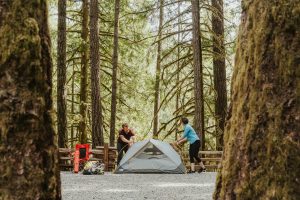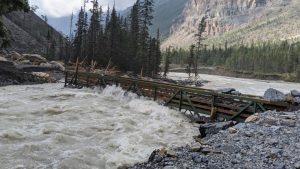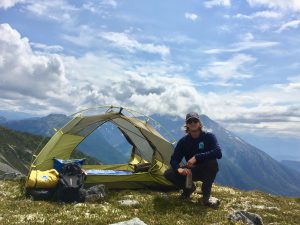Invasive Species Action Month in BC
Categories:
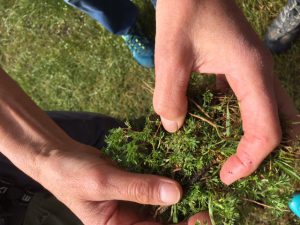
Aggressive, swarming ants that deliver a painful sting? Highly competitive and toxic plants that produce up to 100,000 seeds? Mussels that could severely deplete the food supply of native salmon? These invasive species – European fire ants, giant hogweed and zebra/quagga mussels – are just three of the 320 species that threaten BC’s environment, economy and human health. You can think of invasive species as “a slow-moving wildfire” or a form of “biological pollution” because of the way they can significantly alter terrestrial, freshwater, and marine ecosystems. Invasive species are costly, too. A 2009 analysis estimated that the economic damage caused by only six invasive plants in B.C. was $65 million in 2008, and with further spread, that number would more than double to $139 million by 2020.
May is Invasive Species Action Month in BC. BC Parks is joining many other agencies and organizations to keep invasive species from spreading and even more importantly, from being established here in the first place. Just this week, BC Parks and other Ministry of Environment staff worked alongside their children in the 15th annual monitoring and removal outing focused on carpet burweed in Ruckle Provincial Park on Saltspring Island. Carpet burweed likes to call parks, golf courses and RV parks home. A low-growing plant, burweed forms a “carpet” in the turf and spreads easily. While the leafy plant is difficult to identify, its dagger-like seed is unmistakeable when it punctures bare feet or attaches to animal fur, clothing, and tents.
Managing invasive species is a big focus for BC Parks. We work with many different partners to find out what invasive species are in our parks, to remove new invasions as quickly as possible, and to clear invasive plants from certain parks or at least to stop those from spreading further.
From the food we eat to the view from our campground, invasive species impact everyone and we all have a role to play in tackling invasive species. So what can you do to help prevent the spread of invasive species in our parks and protected areas system?
- Learn more about easy steps you can take while camping, using trails, working in the field, or on your property through the Invasive Species Council of BC’s programs:
- On the land: Play Clean Go and Buy it Where you Burn it.
- On the water: Clean,Drain,Dry
- Learn to recognize the plants and other organisms you see in the outdoors. If you’re unsure about a creature or plant you don’t recognize you can:
- Use the Report-A-Weed service to report a suspected new sighting of an invasive plant species in BC.
- Report ALL sightings of invasive mussels (i.e., zebra and quagga mussels) to the B.C. Conservation Officer Service (RAPP): 1-877-952-7277
- Join your local weed committee to learn more about invasive species in your region.
Thank you for being mindful about invasive species while enjoying BC’s incredible parks and protected areas network.
Find out More

